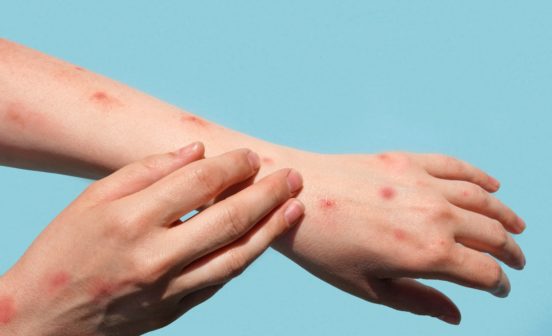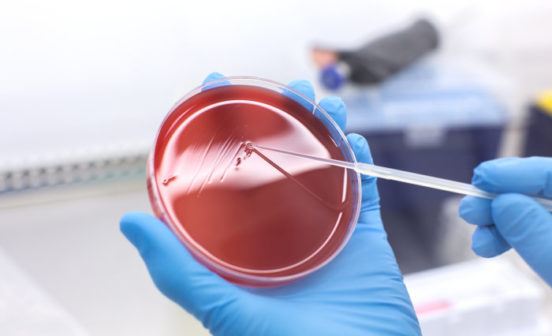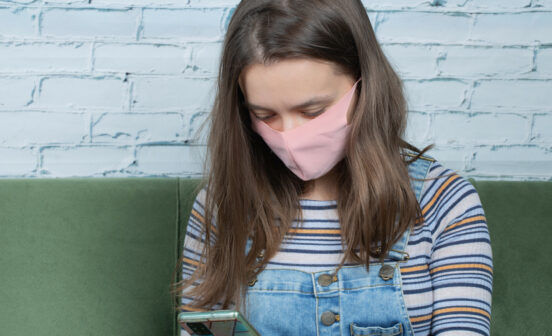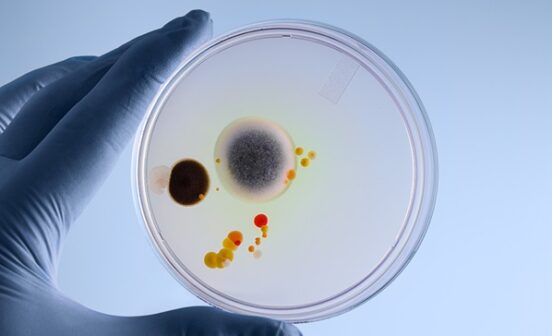Prevention Study confirms four-virus flu shot provides effective immunity for people living with HIV

People who are being treated for HIV can have a restored immune response to the influenza (flu) vaccine, according to new findings.
Since people living with HIV may be at higher risk of serious illness from flu, they are recommended to get the seasonal influenza vaccine every year.
However, prior to the new study it was unclear how strong an immune response the flu vaccine produced – a marker for how well the body can fight off infection – for HIV infected people who started antiretroviral therapy (ART) when their CD4 count (also known as T-cell counts) was low and now have no detectable HIV in their blood.
Dr Katrina Pollock, from the Department of Infectious Disease at Imperial, led a team which found that the flu vaccine triggered effective immune responses in people living with HIV who were taking ART and in whom HIV was fully suppressed.
Their findings are published in the journal Scientific Reports.
“The current recommendation is for people at risk of serious illness from flu, including people living with HIV, to receive a vaccine containing four influenza strains to protect them from seasonal flu,” said Dr Pollock.
“Some studies indicate that vaccine-induced immunity may be impaired in people living with HIV. There has been a lack of data showing whether effective HIV suppression with modern antiretroviral therapy can fully restore vaccine-induced immunity.
“Our study shows equivalent flu vaccine responses in people living with HIV and in healthcare workers, and indicates that restoration of vaccine-induced immunity is possible. This supports universal access to antiretroviral therapy for people who test positive for HIV and provides evidence underpinning the guidance for seasonal flu vaccination in people living with HIV.”
In the UK, the British HIV Association recommends that people living with HIV should be offered a vaccine containing four different types of flu virus – a quadrivalent vaccine of two A-strains and two B-strains.
The study, known briefly as the FluAGE study compared responses to this four-strain vaccine amongst men with HIV taking ART with those of healthcare workers during the winter of 2017-18.
The team studied the immune responses that help protect from flu and pinpointed exactly the types of cells that were responding.
They found that the response was very similar in the people with fully suppressed HIV on ART and the control subjects. Using a method developed at Public Health England, gum-line samples, which were collected by participants themselves, were used to show that flu vaccine responses could be measured from the mouth as a potential alternative to blood testing.
Ms Megan Cole, first author on the study, also from the Department of Infectious Disease, said: “It’s been exciting to be part of this research and to conclude it with the positive outcome in terms of the restoration of vaccine-induced immunity in people living with HIV. This is why I find science so rewarding. Thank you to the team and participants who have made this study a success.”
The FluAGE study was funded by the NIHR Imperial Biomedical Research Centre.





